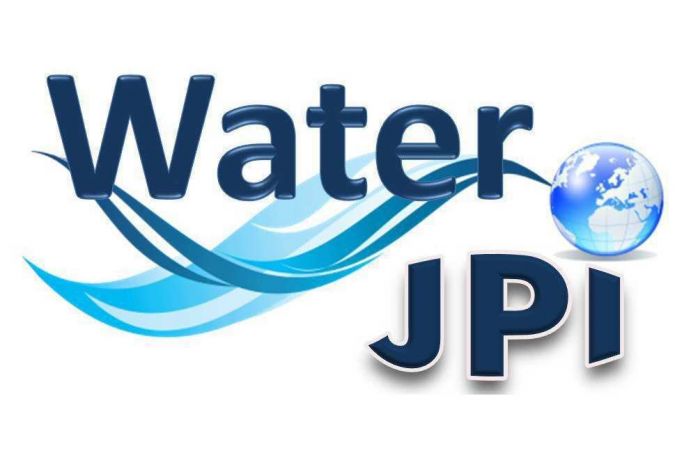Water JPI - Water challenges for a changing world
Launched in 2010, the Joint Programming Initiative “Water challenges for a changing world”, the Water JPI, tackles the ambitious challenge of achieving sustainable water systems for a sustainable economy in Europe and abroad. It supports the European research cooperation in the water area and is closely coordinated with the EU Research and Innovation program Horizon 2020.
The Water JPI consists of the EU-Member States as partners, the European Commission (EC) and associated countries. To date, Water JPI has 20 partner countries, another 5 associated countries and four observer countries, plus the European Commission. The German Federal Ministry of Education and Research (BMBF) is a member of the Governing Board and participates in the development and implementation of the Strategic Research and Innovation Agenda (SRIA). Two assisting Advisory Boards – the Scientific and Technological Board (STB) and the Stakeholders Advisory Group (SAG) – ensure the inclusion of the scientific community and relevant stakeholders on a European level.
National and regional research programs in the water sector are coordinated through the jointly developed Strategic Research and Innovation Agenda and the implementation of joint activities. The following priority research areas have been included in the Strategic Research and Innovation Agenda (SRIA 2025):
1. Ecosystems
2. Health and Wellbeing
3. Water Value and Usage
4. Sustainable Water Management
The implementation of the SRIA research priorities is carried out, amongst others, via competitive Joint Calls for transnational collaborative water RDI projects. To date, seven transnational Joint Calls have been launched. The BMBF has participated in four calls: Pilot Call 2013, Joint Call 2017 IC4Water, Joint Call 2020 Biodiversa (without BMBF-department 726) und Joint Call 2020 AquaticPollutants.
2013 Pilot Call: Emerging Water Contaminants – Anhropogenic Pollutants and Pathogens
Seven transnational collaborative research projects in the field of water quality were funded by the Water JPI Pilot Call, with a total budget of € 9 million. To build on the results of the Pilot Call and to promote institutional networking a Knowledge Hub on Emerging Pollutants has been initiated. Germany is being represented by the Federal Institute of Hydrology (BfG) in the Knowledge Hub. The aim of the Water JPI Knowledge Hub is to promote knowledge exchange, provide R&D infrastructure and to foster networking between stakeholders and the scientific community. A Policy Brief, developed by the seven Pilot Call projects, presents recommendations for policymakers and practitioners to deal with the problem of emerging water contaminants.
2017 Joint Call: Water resource management in support of the United Nations Sustainable Development Goals (UN SDGs)
The projects funded by the 2017 Joint Call have started in the first quarter of 2019. Eight transnational research projects dealing with the implementation of water-related UN SDGs have been selected. German partners are participating in five projects, with two projects being implemented under German coordination.
Joint Call 2020 "Aquatic Pollutants"
A total of 3 JPIs are participating in the Joint Call Aquatic Pollutants: Water JPI, JPI Ocean and JPI AMR ("Water Challenges for a Changing World" (Water), "Healthy and Productive Seas and Oceans" (Oceans) and "Antimicrobial Resistance" (AMR). The aim of the interdisciplinary and transfer-oriented research is to analyze the interactions between anthropogenic trace substances and pathogens in rivers, lakes and oceans and to investigate their consequences for human health. A total of 18 projects were selected. Eleven of them involve German participation, four of which are coordinated by the German partner.
Water4All
Water JPI is also involved as an associated partner in the new EU partnership "Water4All". On September 1, 2022, the first announcement under this partnership was published on the Water JPI website. The aim is to fund transnational projects on "Water resource management: resilience, adaptation and mitigation of extreme hydrological events". For the announcement, 34 funding organizations from 29 countries have joined forces. On the German side, the BMBF is participating.
Last updated on




